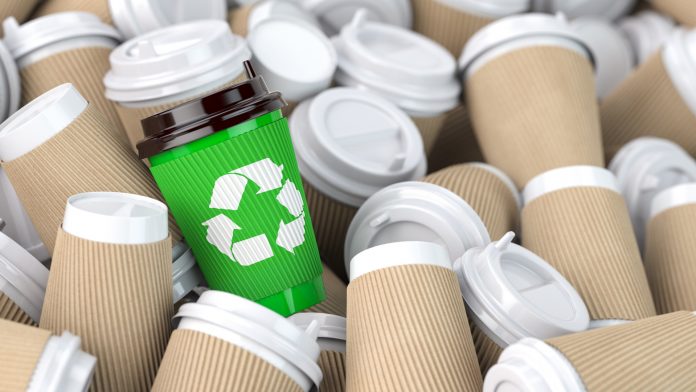Researchers at Texas A&M have discovered a way to use agriculture byproducts to produce sustainable bioplastics.
Bioplastics are biodegradable plastics composed of biological substances as opposed to petroleum. According to a new study, they can be developed with far more cost-effective and environmentally friendly methods from the byproducts – secondary products derived from production processes – of corn stubble, grasses, and mesquite agricultural production.
This novel technique entails a ‘plug-in’ preconditioning process, a straightforward modification for biofuel refineries, explained Joshua Yuan, AgriLife Research scientist, professor and chair of Synthetic Biology and Renewable Products in the Texas A&M College of Agriculture and Life Sciences Department of Plant Pathology. These ‘plug-in’ technologies enable the optimisation of environmentally friendly and economical lignin, which is the core element of bioplastics used in everyday items such as food packaging.
This $2.4 million project has been facilitated by funding by the U.S. Department of Energy’s Energy Efficiency and Renewable Energy Bioenergy Technologies Office. Yuan and the other researchers are submitting next-phase requests for further project funding.
The research findings have been published in Nature Communications.
Advancing lignin extraction methods
Currently, one of the main challenges facing biofuel refineries is being able to effectively extract and use lignin. Yuan’s research builds on previous research into enhanced extraction methods for lignin.
In order to overcome these difficulties, the new method, known as ‘plug-in preconditioning processes of lignin,’ or PIPOL, complements existing biorefinery processes and is not cost prohibitive. PIPOL intends to incorporate dissolving, conditioning, and fermenting lignin, converting it into energy and making it easily adaptable to biorefinery designs.
“Our process takes five conventional pretreatment technologies and modifies them to produce biofuel and plastics together at a lower cost,” explained Yuan.
Developing a strong bioeconomy
The bioeconomy and biomanufacturing industries are a federal priority as the White House Office of Science and Technology Policy turns to bioeconomy infrastructure, innovation, products, technology, and data in order to increase economic growth. Currently, the bioeconomy maintains approximately 285,000 jobs and brings in $48bn annually.
“Innovation is the key to achieving growth and a more widespread use of biodegradable plastics. Lignocellulosic biorefinery commercialisation is hindered by limited value-added products from biomass, lack of lignin utilisation for fungible products and overall low-value output with ethanol as primary products,” Yuan commented. “This recent discovery will make significant strides to overcome some of these challenges.”
Yuan also lauded the research for its sustainability: “We are producing over 300 million tons of plastics each year,” he explained. “It’s critical to replace those with biodegradable plastics. This work provides a path to produce bioplastics from common agriculture waste like [that from production of] corn and other grasses and wood.
“We think this research is very industrially relevant and could only help enable the biorefinery and polymer industries to [attain] greater efficiencies and economic opportunity.”
The essential role of agriculture byproducts in bioplastic production
AgriLife Research and the College of Agriculture and Life Sciences are united by a dedication to find answers to environmental challenges using scientific methods. Their investigation has already discovered that sustainable products such as mesquite and high-tonnage sorghum can be utilised as feedstock for biofuel production.
Agricultural byproducts such as corn stubble and other grasses are alternative feedstock sources for biofuel plants, Yuan explained. These will establish further potential revenue sources for both farmers and the transportation sector that transports harvested feedstock and byproduct crops to refinery operations.
“We have shown that bioplastics from lignocellulosic biorefineries can be more economically beneficial, which opens new avenues to use agricultural waste to produce biodegradable plastics,” Yuan concluded. “The discovery will mitigate global climate changes via replacing fossil fuel and nondegradable plastics by renewable and biodegradable plastics.”









